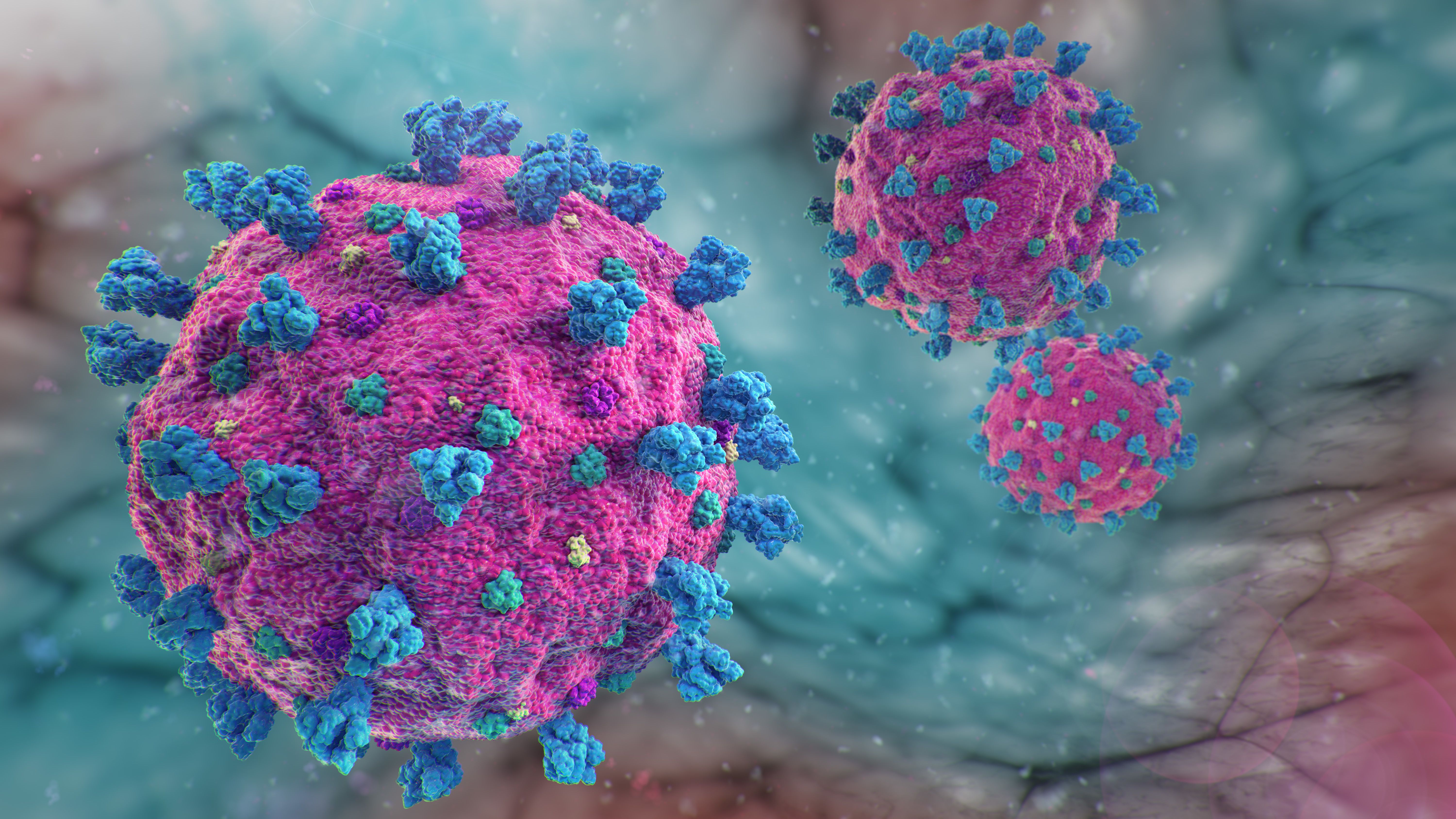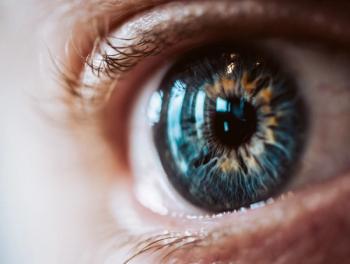
Improving on the ability to confirm diagnosis of Parkinson disease (PD) earlier and determining who is at risk for PD were referenced as key factors in further slowing progression of the disease, according to review findings.


Improving on the ability to confirm diagnosis of Parkinson disease (PD) earlier and determining who is at risk for PD were referenced as key factors in further slowing progression of the disease, according to review findings.

Overall, there are 145 registered and ongoing clinical trials for therapies targeting Parkinson disease, of which 28 are currently in phase 3, according to review findings.

Researchers discuss the implications of nonmotor symptoms in patients with Parkinson disease, which can contribute to major sleep, ocular, olfactory, throat, cardiovascular, gastrointestinal, genitourinary, or musculoskeletal disorders.

Individuals who had experienced a concussion were found to be at a greater risk of Parkinson disease, mood and anxiety disorders (MADs), dementia, and hyperactivity disorder, with concussed women indicated as a notable at-risk population for MADs, according to study findings published today.

A recent webinar discussed what causes symptom recurrence in patients with Parkinson disease and what implications this has for health outcomes and health care cost.

Findings from the Michael J. Fox Foundation’s (MJFF) coronavirus disease 2019 (COVID-19) survey, based on patient-reported information from Fox Insight, highlight the known adverse effects of general infections on worsening of motor and nonmotor symptoms in patients with Parkinson disease (PD). However, there still remains insufficient data on the specified risk of COVID-19 in the PD community, noted Vanessa Arnedo, vice president of Research Cohorts for MJFF, and Ethan Brown, MD, neurologist and principal investigator of the MJFF COVID-19 survey.

Patients with Parkinson disease who experience visual impairment were found to be more prone to behavioral issues such as depression and anxiety, as well as dementia and death, according to study findings.

A quality improvement project led by a multidisciplinary team was found to significantly improve on-time administration of levodopa and other medications for patients with Parkinson disease, according to study findings.

In patients with Parkinson disease (PD) who underwent deep brain stimulation, dementia prevalence and incidence were not found to be higher than those in the general PD population, according to study findings.

Seven symptoms were identified as most predictive of early morning OFF periods (EMO) in patients with Parkinson disease, which may assist in understanding and managing potential determinants and negative health effects of EMO.

Health-related quality of life and caregiver burden were both significantly correlated with alexithymia in patients with Parkinson disease, with the sub-component “identifying feelings” serving as a key factor.

Deep brain stimulation (DBS) implanted in early-stage Parkinson disease (PD) was found to decrease the risk of disease progression. If findings are replicated in a larger trial recently approved by the FDA, DBS would be the first therapy proven to slow the progression of any element in PD.

While cognitive functions in patients with Parkinson disease were only slightly impacted by the coronavirus disease 2019, notable effects on urinary issues and fatigue may warrant adjustments to therapy, according to study findings.

Authors reviewed the current landscape of therapeutic interventions for differentiating pain classifications in patients with Parkinson disease, noting the need for further research in pathophysiology-driven treatment.

Central nervous system gene therapies and advanced technologies to provide these treatments were noted as emerging opportunities in treatment for neurological conditions such as Parkinson disease, according to review findings. Researchers also highlighted the lack of experience and technology in medical centers nationwide to provide these services.

An advanced, noninvasive MRI technique in patients with Parkinson disease and essential tremor was found to potentially lead to better outcomes without surgery and lessen risk of adverse effects, according to study findings published this week.

The addition of Kynmobi, a discreet, under the tongue treatment of OFF periods in patients with Parkinson disease, adds to the growing market of innovations in care, said Stewart Factor, DO, professor of Neurology and director of the Movement Disorders Program at the Emory University School of Medicine.

Adverse effects such as OFF periods, falls, and tremor were found to be prominent in patients with late stage Parkinson disease, signaling the potential failure of current treatments to consistently and effectively address these symptoms as the disease progresses, according to study findings.

There are a growing number of innovations within treatment of OFF periods in Parkinson disease that seek to address this unmet need in patient care, said Stewart Factor, DO, professor of Neurology and director of the Movement Disorders Program at the Emory University School of Medicine.

Based on findings of a study conducted by the Michael J. Fox Foundation for Parkinson Research, the individual annual economic burden for a patient with Parkinson disease amounted to $52,000 in 2017, with nonacute institutional care, inpatient hospitalization, and outpatient care indicated as the largest drivers of cost among differing coverage plans.

Researchers uncovered the amount of variance among interrelated Parkinson disease (PD) motor, neuropsychiatric, and cognitive symptoms, which may improve understanding into the pathophysiology of PD, according to study findings published in Human Brain Mapping.

According to study findings, continuous duodenal levodopa/carbidopa infusion was indicated as the most expensive second-line therapy in advanced stage Parkinson disease compared with deep brain stimulation and continuous subcutaneous apomorphine infusion.

On this episode of Managed Care Cast, we speak with Rachel Dolhun, MD, vice president of Medical Communications at The Michael J. Fox Foundation for Parkinson Research, about recent innovations by The Michael J. Fox Foundation to assist patients and families of patients with Parkinson disease in adjusting to this new normal.

Presented at Virtual ISPOR 2020, researchers examined the efficacy of a machine learning approach in detecting predictors of Parkinson disease (PD), with an additional study testing the use of a statistical model to predict severity of PD.

In 2 abstracts presented at the Virtual ISPOR 2020 meeting, researchers discuss how “OFF” episodes among patients with Parkinson disease may contribute to an increased degree of burden for respective caregivers, with patient preferred on-demand treatments for these episodes also detailed.

259 Prospect Plains Rd, Bldg H
Cranbury, NJ 08512
© 2025 MJH Life Sciences®
All rights reserved.
